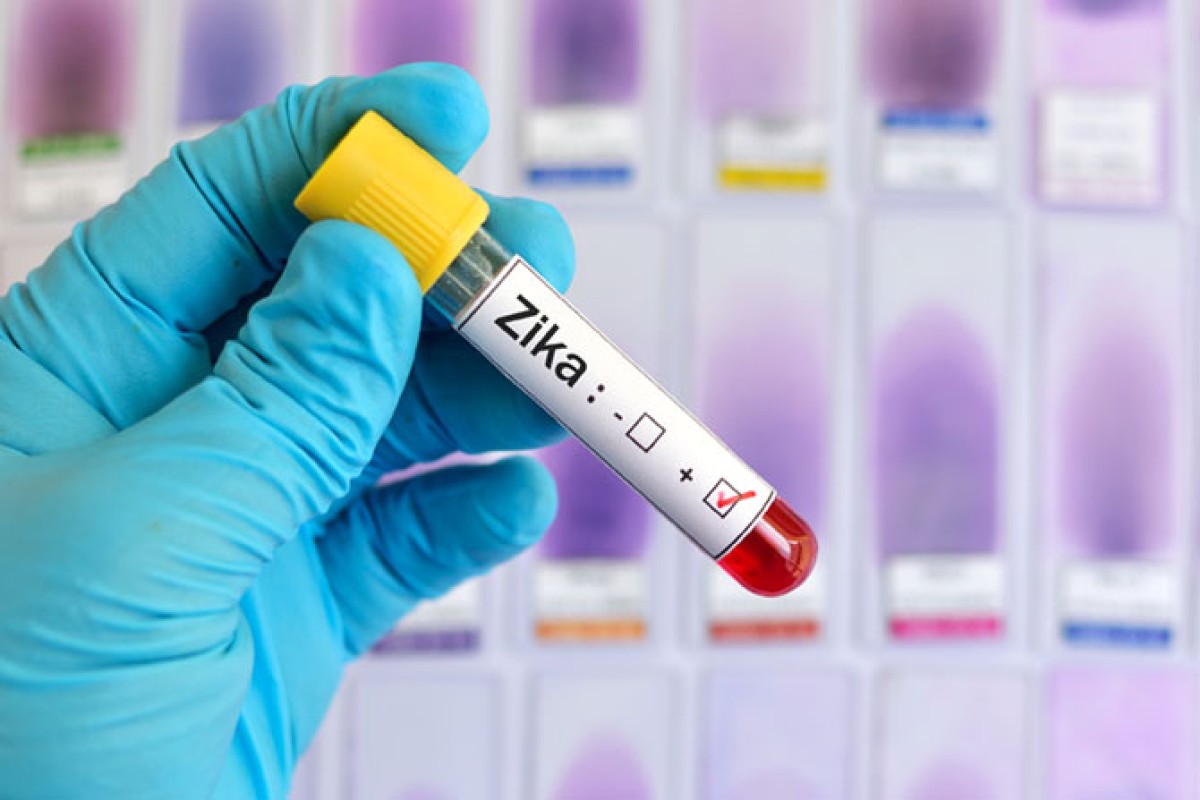
US records first case of sexually transmitted Zika

The Zika virus has been transmitted sexually, top US health authorities have confirmed. This fuels fears of the rapid spread of the disease blamed for a surge in the number of brain-damaged babies.
With concern growing that an outbreak sweeping Latin America could spread much farther, health authorities in Texas said they had confirmation of the virus being transmitted by sexual contact and not just through mosquitoes.
That is worrying news for the United States, Canada and Europe, where Zika had so far only appeared in travelers returning from affected areas.
"The patient was infected with the virus after having sexual contact with an ill individual who returned from a country where Zika virus is present" this year, a Dallas County statement read.
The county later tweeted that the traveller had gone to Venezuela, and that a second case of Zika imported from Venezuela has also been documented.
Zika, which was first identified in Uganda in 1947, causes relatively mild flu-like symptoms and a rash. But there is growing alarm over an apparent link between the current outbreak and both a rise in birth defects and a potentially crippling neurological disorder called Guillain-Barre syndrome.
Latin American countries, particularly Brazil, have reported a surge in cases of microcephaly - which causes babies to be born with abnormally small heads - since the Zika outbreak was declared in the region last year.
The virus is spread mostly by the Aedes aegypti mosquito, which is found mostly in the tropics - so it seemed temperate countries would not be too affected.
But sexual transmission makes things much worse. Most people who have the disease don't know because they don't show any symptoms. We also know that sperm can continue to be infected while the blood may appear clear.
A day after declaring the spike in serious birth defects in South America an international emergency, the World Health Organisation said it had created a global Zika response unit to contain the virus.
WHO expert Anthony Costello emphasised the urgency of rapid action, stressing there was no reason to believe the crisis would remain limited to Latin America.
"We know that the mosquitoes that carry Zika virus... are present through most of Africa, parts of southern Europe and many parts of Asia, particularly south Asia," he said.
Thai officials announced a man had contracted the virus in the country. Cape Verde in Africa and Indonesia have also reported local Zika cases.
5 Things to know about Guillain-Barre syndrome
French pharmaceutical giant Sanofi meanwhile announced it had begun research into a vaccine for Zika, for which there is currently no specific treatment. Developing a vaccine could however take years, experts say.
In all, more than 1.5 million Brazilians are estimated to have been infected with Zika. Colombia, Ecuador, El Salvador, Jamaica and Puerto Rico have all warned women not to get pregnant. Mexico announced it was creating special brigades to address areas likely to have more mosquitoes. And Peru performed health checks on all Sao Paulo footballers visiting Trujillo for a Copa Libertadores match. They were all clear of Zika, dengue and chikungyuna.
Some health experts urge condom use, while others say abstinence is the only way to avoid Zika.
"Don’t have sex with a virus, it's that simple," said Jill Rabin, a US health official.
